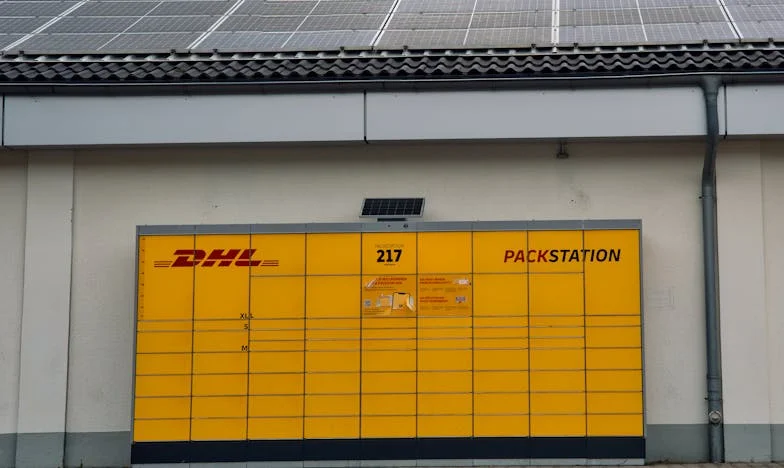Shadows at the Dinner Table: When Family Wounds Refuse to Heal
“You can’t keep shutting him out forever, Ethan. He’s your uncle. He’s my brother. Family is family.” My father’s voice trembled, his hands gripped around a chipped coffee mug at the kitchen table. The air between us was thick with unspoken memories, and the clock on the wall seemed to count down to some inevitable explosion.
I stared at him, my heart pounding so hard I thought he might hear it. Rain lashed against the window, a cold November night pressing in on our small Ohio home. I could barely remember a time when Uncle Mark’s shadow hadn’t hung over us—dark and heavy, tainting birthdays, Thanksgivings, every family gathering.
“I can’t do it, Dad.” My voice was barely a whisper. “You know what he did. How can you ask me to just… pretend it never happened?”
Dad ran his hand through thinning hair. “It’s not about pretending. He’s sick now. He needs help.”
“He needed help a long time ago,” I shot back, my chest tightening. “When he smashed your ribs and left me locked in the garage because I spilled his beer. When he screamed at Mom until she left. You want forgiveness? He never even apologized.”
The silence was a living thing. I saw pain flicker through Dad’s eyes, and for a moment, I almost felt sorry for him. Almost. But not enough to give in.
Uncle Mark was the kind of man who could empty a room just by walking into it. He always had a story, a smirk, a quick backhand if you crossed him. I was twelve the first time he hit me, just for laughing too loudly during a football game. I learned to shrink myself, to tiptoe around his moods, to become invisible.
Years later, I still flinch at loud voices, still double-check the locks every night. I moved across the country for college, built a life in Seattle, but every call from home drags me back to that place—fearful, powerless, small. And now, Dad wants me to help the man who made me that way.
“He has cancer, Ethan,” Dad said softly. “He can’t work. He’s losing the house. He doesn’t have anyone else.”
I felt the old guilt, familiar and sharp. Dad never could say no to him, never could protect us. I’d spent years resenting him for that, even as I saw how Uncle Mark broke him, too.
“So what?” I said, hating how bitter I sounded. “You want me to forget everything for his sake? For yours? Because he’s family? Does that word mean anything after what he did?”
Dad looked older than I’d ever seen him. “If you can’t do it for him, do it for me. I can’t carry this alone anymore.”
My mind raced with memories: the broken doors, the shouts at midnight, the sickening helplessness. But also Dad, curled on the couch after Mark left, muttering that things would be better, that we had to stick together.
“He never even said he was sorry,” I whispered. “He just… acts like nothing happened.”
“Some people can’t say the words,” Dad said, his voice cracking. “But they’re still sorry.”
I shook my head. “That’s not enough.”
The next day, Dad called again. Left a message: “Ethan, he’s in bad shape. He asked about you. I know you’re angry, but maybe seeing you would help. Please, son.”
I sat on my apartment floor, phone in hand, staring at the city lights flickering through the rain. My girlfriend, Laura, watched me from the couch. She knew the story, had seen my scars—physical and otherwise.
“You don’t owe him anything,” she said quietly. “Not after what he did.”
“But what if Dad needs me to do this? What if I’m just making it harder on him?”
“Your father needs to heal, too. But that doesn’t mean you have to bleed for it.”
I thought of all those years Dad tried to keep peace, swallowing his pain so I wouldn’t have to see it. Maybe this was his way of making sense of it all. But I couldn’t force forgiveness, couldn’t make myself into the son or nephew they wanted. Not after everything.
A week later, I found myself outside my old house, the lawn muddy, the porch light flickering. Mark’s truck was gone, but Dad was inside, waiting for me. We sat in the living room, the silence like a wound.
“I know you hate him,” Dad said finally. “But hate doesn’t fix anything. It just eats you alive.”
“So does pretending,” I replied. I looked at the family photos on the wall—faces smiling, but all the pain just out of frame. “I can’t help him, Dad. Not yet. Maybe not ever.”
He nodded, tears shining in his eyes. “I just want us to be whole again.”
I reached for his hand. “We can’t fix him. Maybe we can’t fix us, either. But I can’t keep pretending it didn’t happen.”
We sat together in the quiet, two broken men in a broken house. Outside, the rain eased. Maybe there was no neat ending, no healing moment. Maybe forgiveness wasn’t something you could give on demand, no matter how much someone begged for it.
As I left, I glanced back at Dad. He looked so small, hunched in his chair, holding onto hope that things could ever go back to the way they were. I wished I could give him that, but some wounds don’t heal with time or blood—they just scar over.
Driving home, I wondered: What do we owe the people who hurt us, just because we share their name? And how do you find peace when forgiveness feels impossible?
